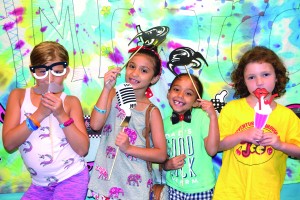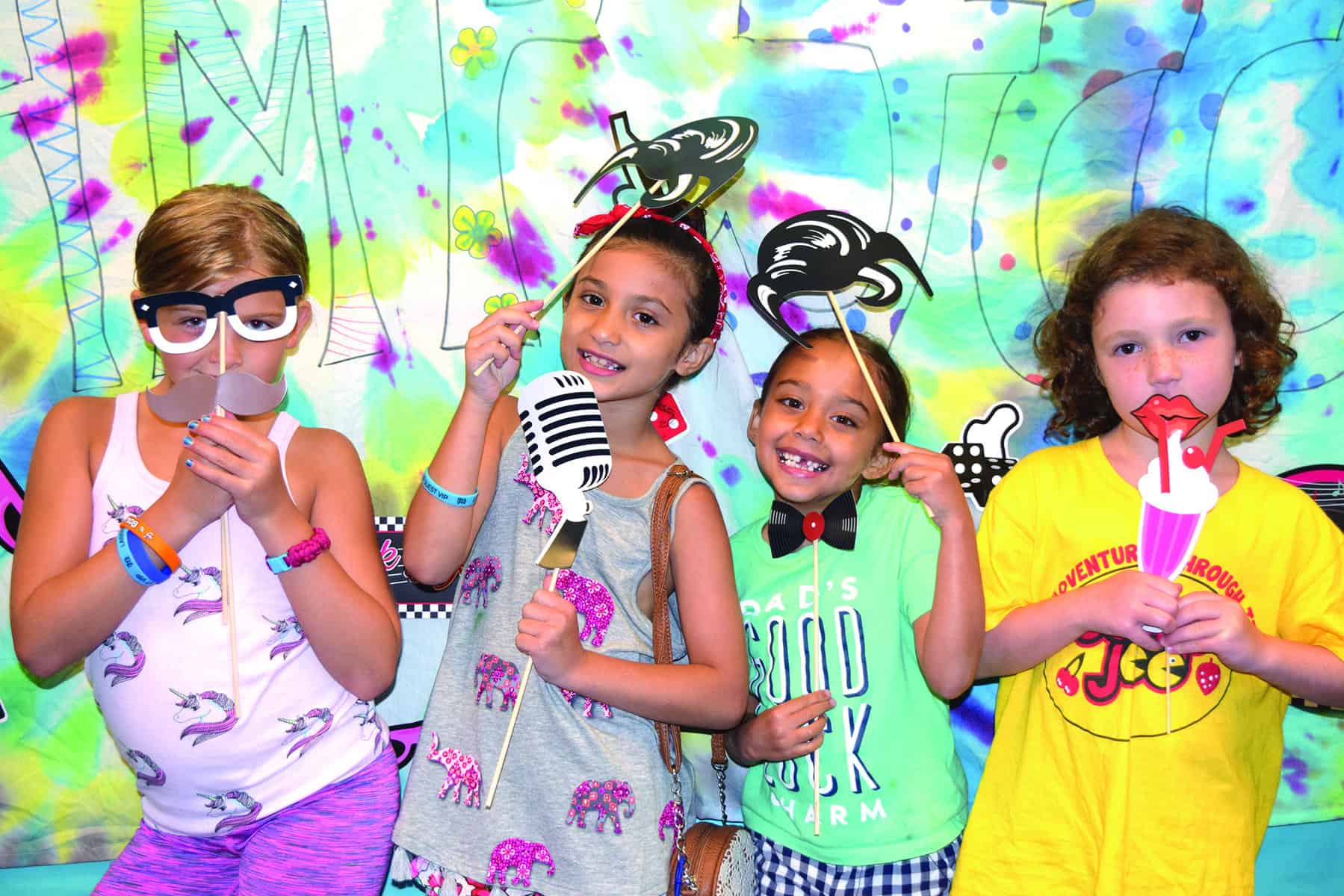 Children, teens, and their parents have been in a “virtual” world for more than one year and the social pressures, academic stresses, and lack of real-world experiences are taking their toll. Parents will do almost anything to help their children succeed, whether with academic support, test preparations, or extracurricular activities. But, one of the most important abilities for children and teens to posses to succeed in life is to learn empathy and be able to live and work with others—also known as “soft” skills.
Children, teens, and their parents have been in a “virtual” world for more than one year and the social pressures, academic stresses, and lack of real-world experiences are taking their toll. Parents will do almost anything to help their children succeed, whether with academic support, test preparations, or extracurricular activities. But, one of the most important abilities for children and teens to posses to succeed in life is to learn empathy and be able to live and work with others—also known as “soft” skills.
Summer camp is an investment in a child’s soft skills. At camp, children are challenged and build resilience and learn the roles of being part of a team, to positively adapt when things do not go as planned, how to express feelings and how to problem solve at the peer level. While this happens differently at each age and stage of a child’s development, campers are guided in a safe nurturing environment that allows them to grow through their mistakes. This does not happen only for campers aged two through 14, it also happens for CITs, counselors, specialists, and administrators. Everyone comes away with a greater sense of collaboration, creativity, flexibility, and empathy by being together in a camp community.
Is it possible to measure the camp experience? Is it possible to place value on a participant coming out of their shell or overcoming a fear with supportive friends? Is it even possible to measure the threads of the friendships that are woven over the years? How can someone begin to explain their journey, often over many summers?
The answers to these questions often come in stories. This includes the story of the kindergartner who struggled to let go of his father’s leg at the beginning of the day, but engages with friends and moves past the feelings of trepidation. This includes the story about the day a camper reached a new level in swim while everyone cheered. There is the story about the teen that quietly sat in the back row in class, became a leader among fellow camp counselors, eventually returned as camp leadership and mentored others that were similar.
The return on investment isn’t quantifiable, but it is obvious in the growth of campers, counselors, and their peers and through the impact that they will have on the future. After this challenging year, consider giving a child the intangible gift of Camp JCC; a summer of Jewish engagement, a summer of disguised experiential learning, and a summer of joy and fun.
For more information about Camp JCC or to register, go to campjcc.org or email Dave Flagler, United Jewish Federation of Tidewater’s director of Camp and Teen Engagement at dflagler@ujft.org. Early Bird Registration ends March 31.
– Dave Flagler

